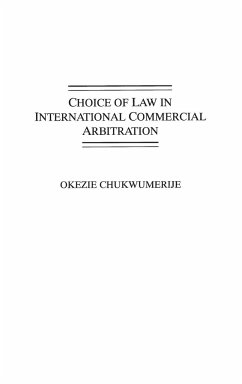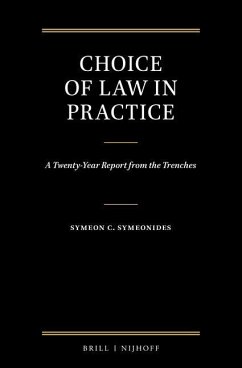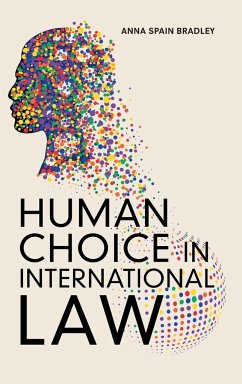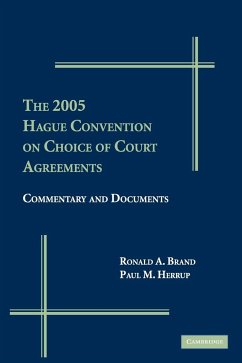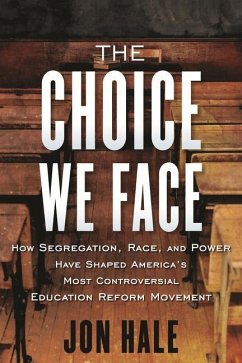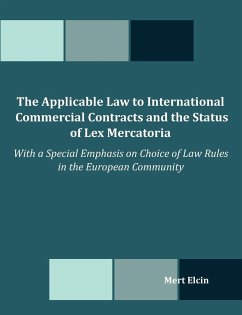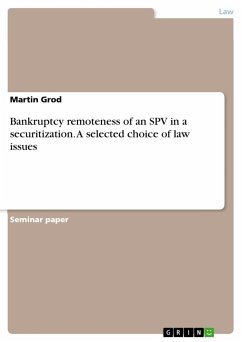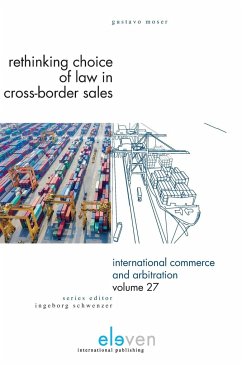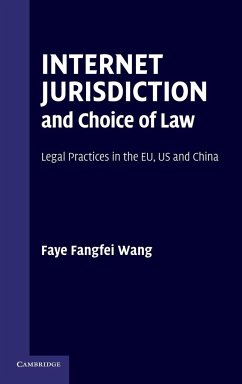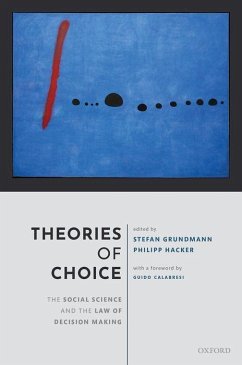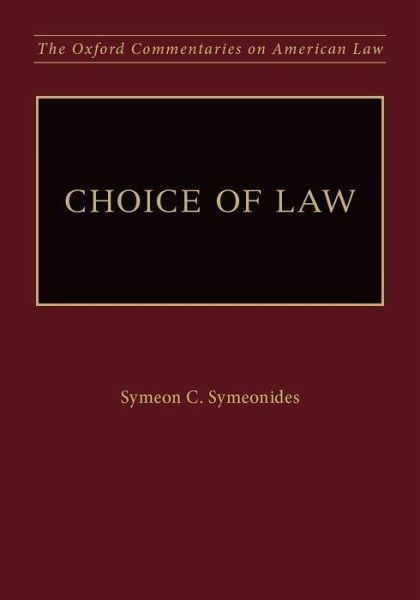
Choice of Law
Versandkostenfrei!
Versandfertig in 1-2 Wochen
238,99 €
inkl. MwSt.
Weitere Ausgaben:

PAYBACK Punkte
119 °P sammeln!
Choice of Law provides an in-depth sophisticated coverage of the choice-of-law part Conflicts Law (or Private International Law) in torts, products liability, contracts, forum-selection and arbitration clauses, insurance, statutes of limitation, domestic relations, property, marital property, and successions. It also covers the constitutional framework and conflicts between federal law and foreign law. The book explains the doctrinal and methodological foundations of choice of law and then focuses on its actual practice, examining not only what courts say but also what they do. It identifies t...
Choice of Law provides an in-depth sophisticated coverage of the choice-of-law part Conflicts Law (or Private International Law) in torts, products liability, contracts, forum-selection and arbitration clauses, insurance, statutes of limitation, domestic relations, property, marital property, and successions. It also covers the constitutional framework and conflicts between federal law and foreign law. The book explains the doctrinal and methodological foundations of choice of law and then focuses on its actual practice, examining not only what courts say but also what they do. It identifies the emerging decisional patterns and extracts predictions about likely outcomes.




